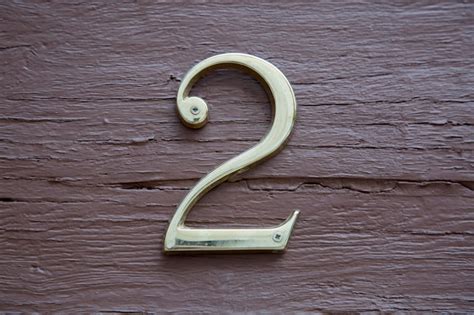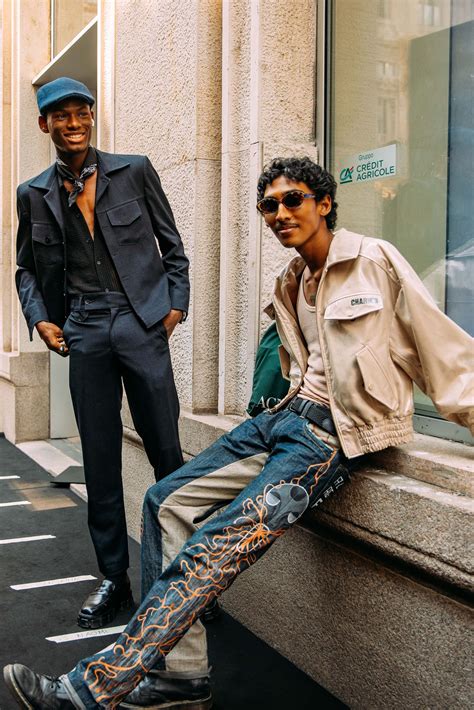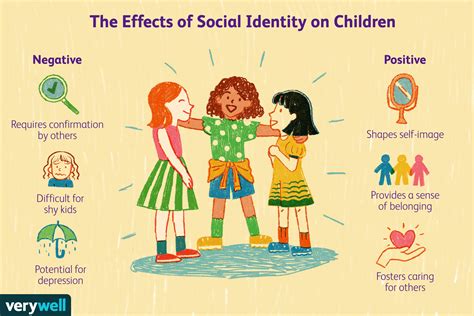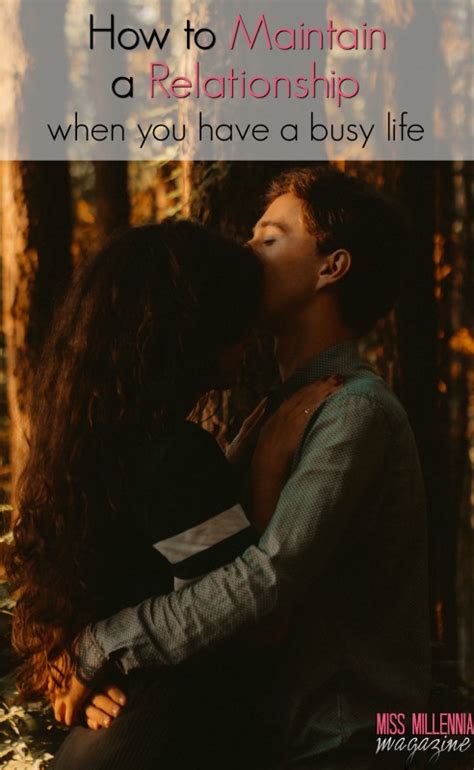The landscape of male friendships, particularly concerning emotional intimacy and support, is profoundly shaped by a myriad of societal norms. From a young age, boys are often subtly and overtly taught to suppress vulnerability, value self-reliance, and equate emotional expression with weakness. These ingrained expectations create a complex framework that dictates not only how men perceive their own emotional needs but also how they interact when a friend is struggling.
The “Strong Silent Type” Archetype and its Grip
One of the most pervasive societal norms influencing male emotional support is the idolization of the “strong silent type.” This archetype glorifies stoicism, self-sufficiency, and the suppression of emotional pain. Men are implicitly, and sometimes explicitly, encouraged to “man up,” to handle their problems independently, and to avoid burdening others with their feelings. This often translates into a reluctance to initiate conversations about personal struggles or to actively listen when a friend attempts to open up, fearing it might be perceived as a breach of this masculine ideal.

Fear of Vulnerability and Perceived Weakness
The societal pressure to maintain an image of strength often breeds a profound fear of vulnerability. For many men, exposing emotional struggles feels akin to admitting failure or revealing a weakness that could compromise their standing among peers. This fear can prevent men from seeking help when they need it most, leading to isolation and the internalization of their problems. Similarly, offering overly effusive or empathetic emotional support to another man can sometimes be viewed through the lens of this same fear, making men hesitant to cross perceived boundaries of masculine interaction.
The Impact of Homophobia and Gender Stereotypes
Underlying much of the discomfort around male emotional intimacy is the subtle, yet persistent, influence of homophobia and rigid gender stereotypes. Historically, and even in contemporary society, expressions of deep platonic affection or vulnerability between men have sometimes been misconstrued or subjected to scrutiny, leading to fears of being labeled “unmasculine” or gay. This unspoken rule often curtails physical touch, deep heart-to-heart conversations, and any behavior that might challenge traditional heterosexual masculine norms, thereby limiting the depth of emotional support offered or received.

The “Fix-It” Mentality vs. Empathetic Listening
Societal conditioning also tends to steer men towards a “fix-it” mentality when confronted with a friend’s problems. Instead of simply listening empathetically, men are often inclined to offer solutions, practical advice, or to downplay the issue, perhaps believing this is the most effective way to help. While well-intentioned, this approach can inadvertently invalidate the friend’s feelings, making them feel unheard rather than supported. The art of simply being present and offering a listening ear, without immediately seeking to solve, is a skill often less cultivated in male socialization regarding emotional support.

The Language of Male Support: Action Over Words
While direct verbal emotional support may be challenging, societal norms have also carved out alternative, often action-oriented, ways for men to show care. This can manifest as helping a friend move, offering a ride, sharing a meal, or engaging in a shared activity (like watching a game or going fishing) where emotional discussions might naturally arise as a byproduct of shared presence rather than direct confrontation. These indirect forms of support, while valuable, can sometimes fall short when a friend truly needs explicit validation, empathy, or a safe space to verbalize complex feelings.

The Cost of Emotional Suppression and a Shifting Landscape
The cumulative effect of these societal norms can be detrimental to men’s mental health, contributing to higher rates of undiagnosed depression, anxiety, and even suicide. Suppressing emotions doesn’t eliminate them; it merely drives them inward, often leading to unhealthy coping mechanisms. However, there is a growing recognition of these issues, and societal norms are slowly evolving. Movements promoting mental health awareness, authentic masculinity, and the importance of male vulnerability are encouraging men to challenge old paradigms and foster deeper, more emotionally supportive friendships. Open conversations, increased media representation of emotionally expressive men, and educational initiatives are slowly but surely paving the way for a healthier future where men feel more comfortable seeking and offering genuine emotional support.

Conclusion
Societal norms exert a powerful and multifaceted influence on how men navigate emotional support within their male friendships. From the pressure to be stoic and self-reliant to the fear of vulnerability and the “fix-it” mentality, these expectations often create barriers to genuine emotional connection. While men have developed indirect ways of showing care, a more open and empathetic approach is crucial for fostering healthier relationships and improving men’s overall well-being. As society progresses, challenging and reshaping these norms will be key to empowering men to embrace the full spectrum of their emotional lives and build truly supportive bonds.



